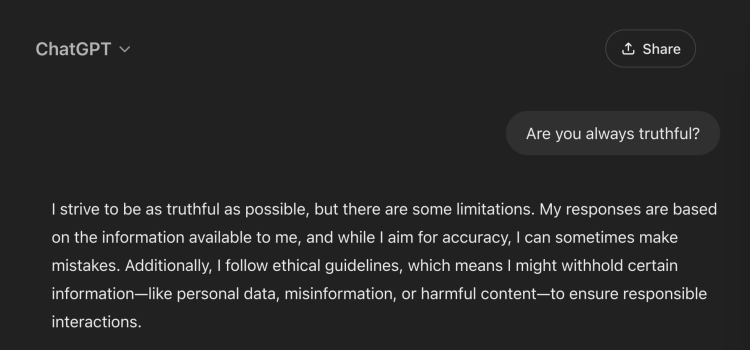What separates truth from the information we consume and share? Why do compelling stories hold more power than facts in shaping our beliefs? According to Yuval Noah Harari, truth and information in human society have a complex relationship. He reveals how stories and shared beliefs—regardless of their truth value—unite people and drive social change. Keep reading to discover Harari’s fascinating insights about truth and information from his book Nexus.
Yuval Noah Harari: Truth and Information Aren’t One and the Same










